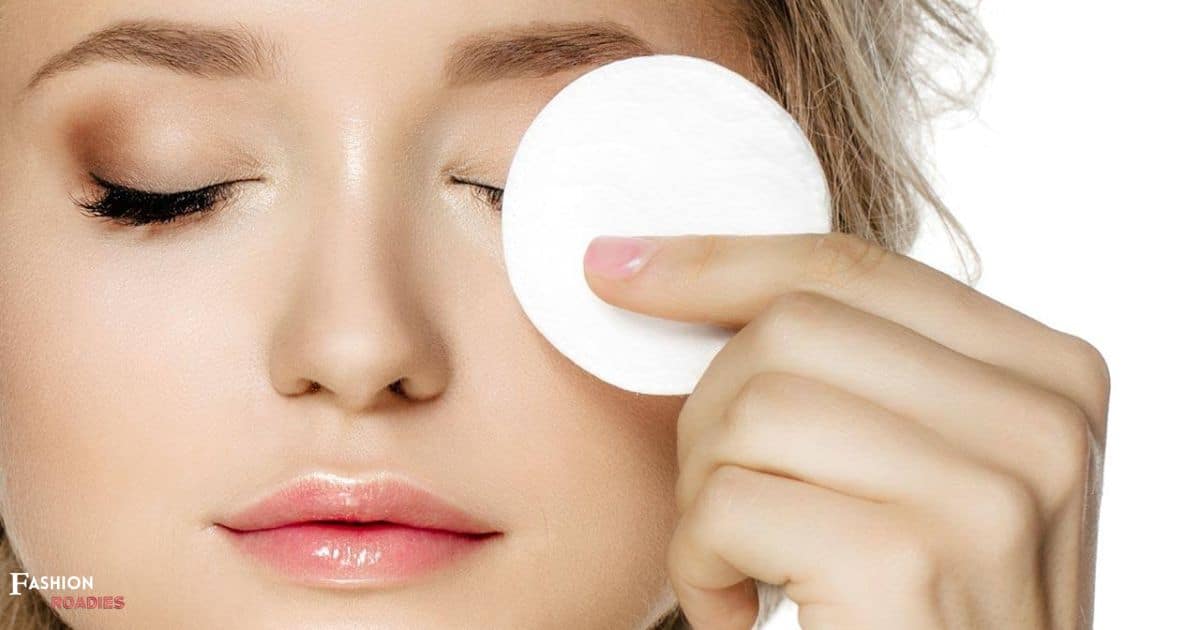Did you know that our face is exposed to countless environmental pollutants and stressors on a daily basis? Taking care of our skin is essential to maintain a healthy and youthful complexion. In this article, we will explore the art of natural face care at home. From cleansing to moisturizing, we will guide you through the steps you need to follow to nourish and protect your skin using readily available natural ingredients. Join us on this journey towards a radiant and rejuvenated face.
Key Takeaways
- Gentle cleansers like honey and aloe vera effectively remove dirt and oil, promoting healthier and more radiant skin.
- Exfoliation helps to remove dead skin cells, improve skin texture, and reduce breakouts by unclogging pores.
- Homemade nourishing masks using ingredients like honey, avocado, yogurt, and oatmeal hydrate and brighten the skin, providing a relaxing and chemical-free experience.
- Regular moisturizing and sun protection with sunscreen help maintain a youthful complexion, prevent wrinkles, and protect the skin from harmful UV rays.
Cleansing: The Foundation of Healthy Skin
Using a gentle cleanser is the key to establishing a solid foundation for maintaining healthy skin. When it comes to natural remedies and homemade skincare, cleansing plays a crucial role. It helps remove dirt, oil, and impurities from the skin, preventing clogged pores and breakouts. Natural cleansers, such as honey or aloe vera, can be effective in gently cleansing the skin without stripping away its natural oils.
These ingredients are known for their antibacterial and soothing properties, making them suitable for all skin types. Additionally, homemade cleansers can be customized to address specific skin concerns, such as dryness or acne. By incorporating natural remedies into your skincare routine, you can promote healthier and more radiant skin. Now, let’s move on to the next step: exfoliation, which involves removing dead skin cells for a fresh glow.
Exfoliation: Removing Dead Skin Cells for a Fresh Glow
Exfoliation is an essential step in your skincare routine that should be done regularly to effectively remove dead skin cells and reveal a fresh, glowing complexion. Here are four benefits of exfoliation:
- Improved skin texture: Exfoliating helps to smooth rough patches and uneven skin texture, leaving your skin feeling soft and refined.
- Enhanced product absorption: By removing the layer of dead skin cells, exfoliation allows your skincare products to penetrate deeper into the skin, maximizing their effectiveness.
- Reduced breakouts: Regular exfoliation can help unclog pores and prevent the buildup of sebum and bacteria, reducing the occurrence of acne breakouts.
- Stimulated collagen production: Exfoliating promotes cell turnover, which stimulates collagen production. This can help improve the appearance of fine lines and wrinkles, giving your skin a more youthful look.
When it comes to exfoliation, there are two main types: physical exfoliation, which involves using a scrub or brush to physically remove dead skin cells, and chemical exfoliation, which uses acids or enzymes to dissolve and loosen the dead skin cells. Both methods have their benefits, so choose the one that suits your skin type and preferences. Remember to exfoliate gently and avoid overdoing it, as excessive exfoliation can lead to irritation and sensitivity.
Nourishing Masks: Feed Your Skin With Natural Ingredients
Nourishing masks provide essential nutrients to your skin, replenishing and rejuvenating it with natural ingredients. These homemade remedies can be easily made using ingredients from your kitchen, offering a cost-effective and convenient way to take care of your skin. DIY skincare has been gaining popularity as people are becoming more conscious of the products they use and the potential harmful effects of chemicals.
Nourishing masks are a great way to pamper your skin and give it the nourishment it needs. Ingredients like honey, avocado, yogurt, and oatmeal can be used to create masks that hydrate, exfoliate, and brighten the skin. Not only are these masks effective, but they also provide a relaxing and soothing experience. Next, let’s explore the importance of moisturizing for a youthful complexion.
Moisturizing: Hydration for a Youthful Complexion
Why is moisturizing essential for maintaining a youthful complexion? Well, keeping your skin hydrated is key to preventing wrinkles naturally and achieving a youthful glow. Here are four reasons why moisturizing should be an essential part of your skincare routine:
- Anti-aging benefits: Moisturizers help to replenish and retain moisture in the skin, reducing the appearance of fine lines and wrinkles.
- Hydration and nourishment: Natural remedies, such as homemade facial moisturizers, can provide essential nutrients and hydration to the skin, promoting a healthy and youthful complexion.
- Improved skin texture: Regular moisturizing helps to improve the texture of your skin by smoothing out rough patches and making it feel soft and supple.
- Protection against environmental factors: Moisturizers act as a barrier, protecting your skin from harmful environmental factors like pollution and harsh weather conditions.
As we move on to the next section about sun protection, remember that moisturizing is just one step in maintaining healthy and youthful skin.
Transition: Now that we understand the importance of moisturizing, let’s explore the next crucial step in skincare: sun protection and shielding your skin from harmful UV rays.
Sun Protection: Shielding Your Skin From Harmful UV Rays
Moisturizing is an essential step in maintaining a youthful complexion, and now we will delve into the importance of sun protection and shielding your skin from harmful UV rays. Sunscreen application is crucial in safeguarding your skin against the damaging effects of the sun. UV rays can cause premature aging, wrinkles, sunburn, and even skin cancer. To ensure maximum protection, opt for a broad-spectrum sunscreen with an SPF of 30 or higher, and apply it generously to all exposed areas of your face and body.
Reapply every two hours, especially if you’re sweating or swimming. For those who prefer a natural approach, homemade sunblock can be an effective alternative. These DIY recipes often include ingredients like zinc oxide, coconut oil, and shea butter, providing a chemical-free option for sun protection. Remember, protecting your skin from harmful UV rays is essential for maintaining a healthy and youthful complexion.
FAQ’s
What Are Some Common Mistakes People Make When Cleansing Their Face?
Common misconceptions when cleansing the face include using harsh cleansers, over-washing, and neglecting to remove makeup thoroughly. Effective natural ingredients like honey, tea tree oil, and aloe vera can provide gentle yet effective cleansing.
Can Exfoliating Too Often Damage the Skin?
Exfoliating too often can indeed damage the skin. While gentle exfoliation is important for removing dead skin cells and promoting cell turnover, overdoing it can lead to irritation, redness, and even skin barrier damage. It is crucial to choose the right exfoliating products and frequency based on your skin type and sensitivity.
How Long Should I Leave a Nourishing Mask on My Face?
To properly apply a nourishing mask, cleanse your face and pat dry. Apply a thin, even layer of the mask, avoiding the eye and lip area. Leave it on for the recommended time stated on the product packaging, then rinse off gently with warm water.
Is It Necessary to Moisturize Even if I Have Oily Skin?
Moisturizing is essential for all skin types, including oily skin. It helps maintain the skin’s natural balance, prevents dehydration, and reduces excess oil production. Natural remedies like lightweight, non-comedogenic moisturizers can provide necessary hydration without clogging pores.
What Is the Best Way to Protect My Skin From UV Rays on a Daily Basis?
The best way to protect your skin from UV rays on a daily basis is to use a sunscreen with a high SPF. Additionally, natural remedies for sunburn, such as aloe vera and cucumber, can help soothe and heal the skin.
Conclusion
In conclusion, taking care of your face naturally at home is a simple and effective way to achieve healthy and youthful skin. By following a skincare routine that includes cleansing, exfoliation, nourishing masks, moisturizing, and sun protection, you can nourish and protect your skin from within. Remember, your face is a canvas that reflects your overall health and well-being, so invest in natural ingredients and techniques to maintain a radiant complexion.










